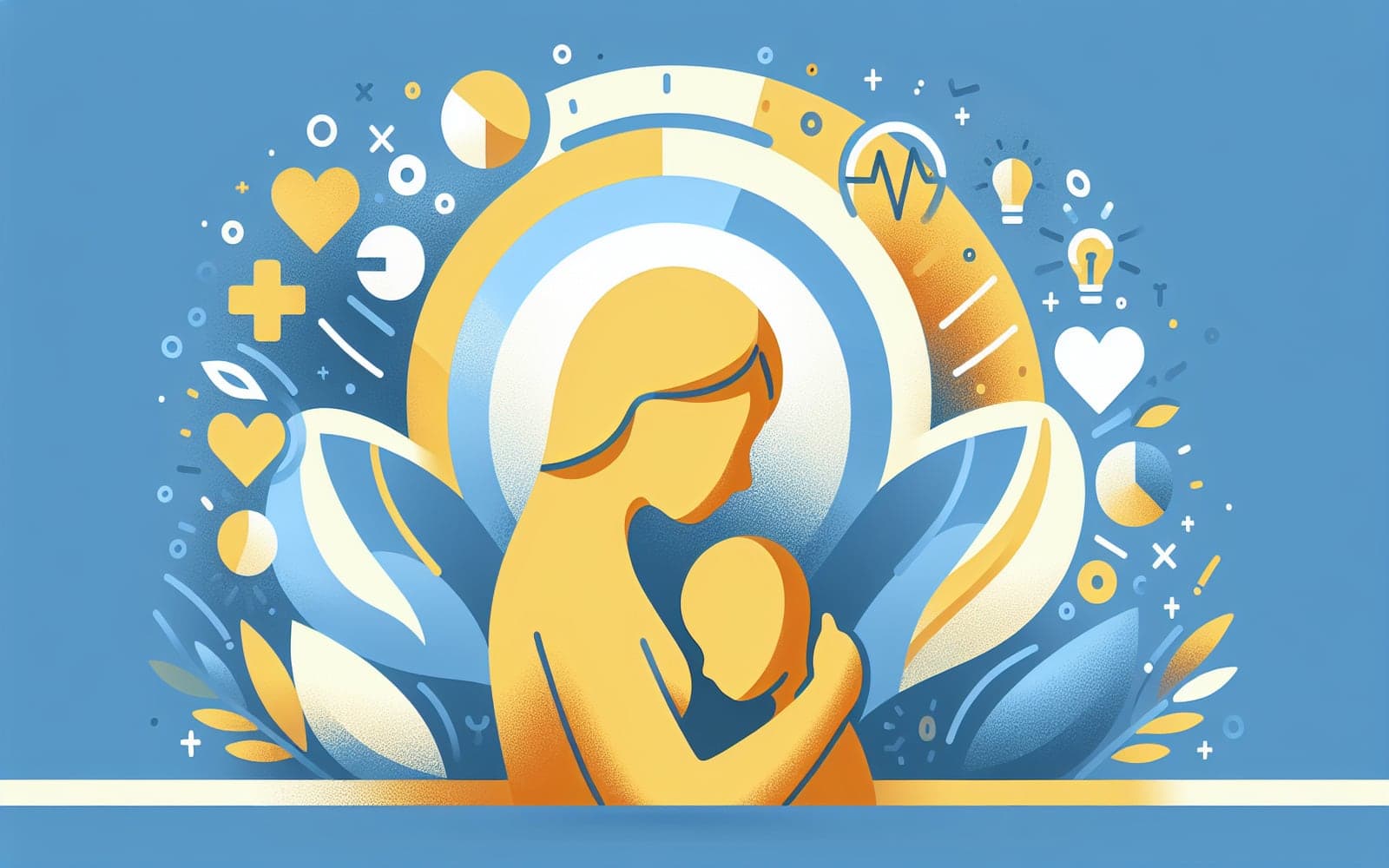Jaundice: When Your Skin Turns Yellow and What It Means
Published: Aug 11, 2024
Jaundice, the yellowing of skin and eyes, is a visible sign that something's off with your liver or bile ducts. While it can be alarming, understanding the causes can help you get proper treatment.
Contents
What Causes Jaundice?
Jaundice occurs when there's too much bilirubin in your blood. Bilirubin is a yellow substance produced when old red blood cells break down. Normally, the liver processes bilirubin and it leaves your body through stool. When this process is disrupted, bilirubin builds up, causing yellow discoloration.
Common Culprits Behind Jaundice
Many conditions can lead to jaundice. Hepatitis (liver inflammation) from viruses or alcohol is a frequent cause. Gallstones blocking bile ducts, certain medications, and some inherited disorders can also result in jaundice. In newborns, temporary jaundice is common as their livers adjust to life outside the womb.

Beyond the Yellow: Other Symptoms to Watch For
Jaundice often comes with other symptoms that can help pinpoint the cause. These may include abdominal pain, fever, nausea, dark urine, or light-colored stools. Severe itching can occur when bilirubin builds up in the skin. If you notice these symptoms along with yellowing, it's important to see a doctor promptly.
Frequently Asked Questions
Not always, but it should never be ignored as it can indicate liver problems.
Blood tests measuring bilirubin levels and liver function are typically used.
Sometimes, but underlying causes often need treatment for jaundice to resolve.
Key Takeaways
While alarming, jaundice is a valuable warning sign that shouldn't be ignored – prompt medical attention is key.
Concerned about jaundice or other liver symptoms? Consult with Doctronic to assess your risk and determine if further evaluation is needed.Related Articles
References
Sticova E, Jirsa M. New insights in bilirubin metabolism and their clinical implications. World J Gastroenterol 2013; 19:6398.
ZIEVE L, HILL E, HANSON M, et al. Normal and abnormal variations and clinical significance of the one-minute and total serum bilirubin determinations. J Lab Clin Med 1951; 38:446.
Always discuss health information with your healthcare provider.